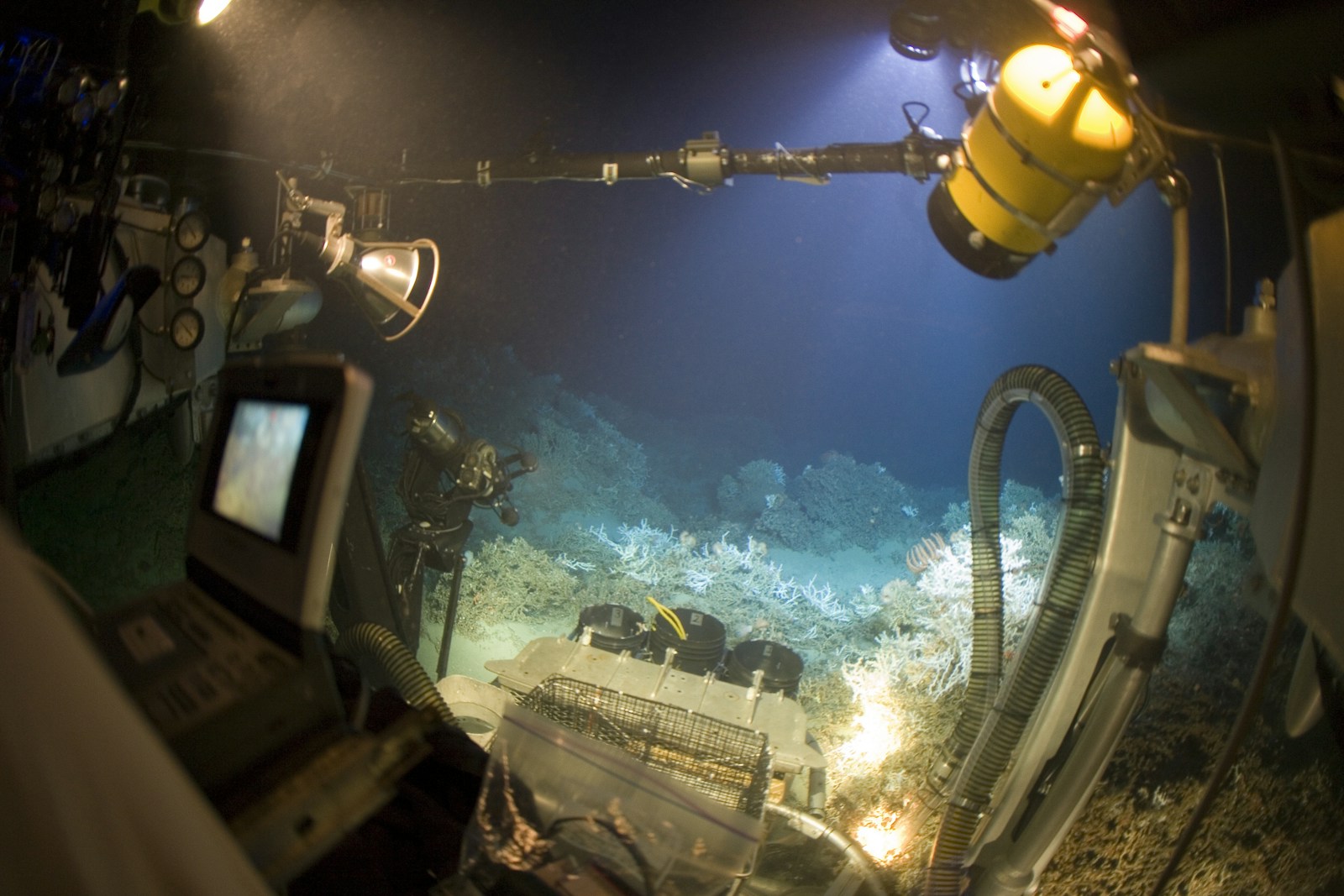The Argosy Debates: To Save the Climate, Should We Embrace Lab-Grown Meat or Go Vegan?

Editor's Note: There is a broad scientific consensus that the world needs to dramatically reduce its consumption of meat to meet climate goals. But two competing visions for how to achieve this have emerged: a high-tech, engineered solution and a systemic, behavioral one. Which path is more promising?
The Pragmatic Case for the Bioreactor
By Ethan Yang
The challenge of climate change is a challenge of scale and human nature. While a global shift to a plant-based diet is a noble ideal, it is not a realistic strategy for planetary-scale change. Culture, tradition, and taste are powerful forces, and convincing billions of people to voluntarily give up a food they love is a far greater challenge than engineering a better alternative. This is why cultured meat, grown from cells in a bioreactor, represents the most pragmatic and scalable path forward.
Cultured meat is not a meat alternative; it is real meat. It offers the same taste, texture, and nutritional profile without the catastrophic environmental and ethical baggage of animal agriculture. The potential resource savings are staggering: vastly less land, less water, and the elimination of methane emissions from livestock.
Crucially, it is a solution that does not require a massive, coordinated behavioral change. It is a drop-in replacement. We do not need to persuade a steak-lover in Argentina or a barbecue enthusiast in America to eat a lentil burger. We just need to offer them a steak and a burger that are produced in a cleaner, more efficient way. The challenges of cost and energy consumption for cultured meat are significant, but they are engineering problems. And engineering problems, unlike the challenge of changing deeply ingrained cultural habits, are solvable with innovation and investment. A vegan world is a beautiful but utopian dream. A world where our meat comes from a bioreactor instead of a feedlot is an achievable, technological reality.
The Holistic Case for a Plant-Based System
By Yehee Jung
The argument for cultured meat is a classic example of "techno-solutionism"—the belief that any complex social and ecological problem can be solved with a clever new invention. It seeks to treat the symptom—meat—without addressing the underlying disease: a dysfunctional, industrialized food system. A truly sustainable and healthy future lies not in a high-tech bioreactor, but in a return to a more holistic, whole-food, plant-based diet.
First, the sustainability claims of cultured meat are highly questionable. The process is incredibly energy-intensive. If the bioreactors are powered by a fossil-fuel grid, their carbon footprint could be even worse than that of conventional chicken. It replaces a biological process with an industrial one, with all the associated energy and resource costs. Why create a complex, expensive, and highly processed factory product when we can simply eat the plants themselves?
Second, from a public health perspective, we should be wary of replacing one processed food with another. A diet rich in fruits, vegetables, grains, and legumes is proven to reduce the risk of heart disease, diabetes, and many cancers. The health benefits of a plant-based diet are clear and well-documented. The long-term health effects of consuming large quantities of lab-grown tissue are completely unknown.
A shift towards a plant-based food system is not just about individual dietary choices; it's about building a more resilient and equitable agricultural system. It's about supporting farmers who practice regenerative agriculture, rebuilding soil health, and promoting biodiversity. This is a systemic solution that heals the planet and improves public health. Cultured meat offers a narrow, technological fix that keeps us locked in a model of industrial production and leaves the larger, broken system untouched.



